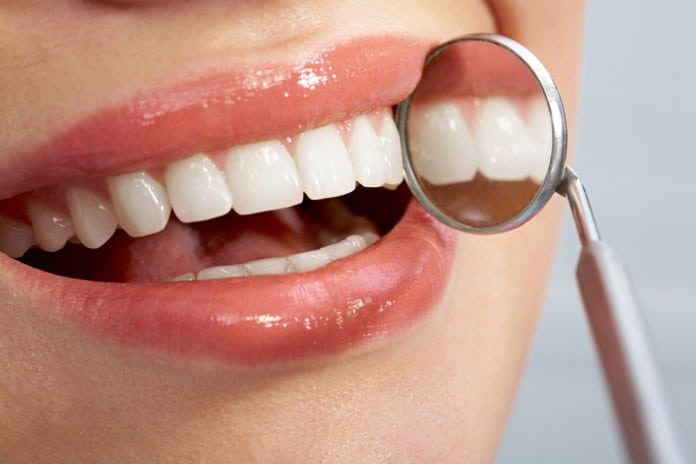Researchers from the University of Adelaide determined the effect of previous orthodontic treatments on long-term oral health and dental caries.
Maintaining a daily oral health routine is a vital part of dental health. Aside from the basics of brushing and flossing at home, attending regular dentist appointments are also important for oral health. According to the Canadian Dental Association, poor oral health can affect more than an individual’s quality of life. The risk and presence of oral diseases have been linked to other serious chronic health problems such as diabetes, heart disease and stroke, and respiratory illness in older adults.
Researchers Doğramacı and Brennan from the University of Australia recently assessed the influence of orthodontic treatment on dental ‘caries’ or dental tooth decay. They published their findings in the Community Dentistry and Oral Epidemiology, in which they gathered data from almost 2000 participants who previously received orthodontic treatment at age 13 from the School Dental Clinics in South Australia.
The study followed these individuals from the age of 13 until they were the age of 30. Throughout the years, the researchers recorded data such as dental health behaviours, and the number of decayed, missing, or filled teeth. When following up with the participants, dentists reassessed their oral health and collected information on other factors such as socio-demographic variables, additional orthodontic treatment, sex, the frequency of tooth brushing, education level, and last dental visit.
The original hypothesis of the study was that those who received orthodontic treatment earlier in life would have lower levels and severity of dental caries. Upon analyzing the collected data, Doğramacı and Brennan found that their hypothesis could not be supported.
Education, income levels, and dental visits were related to the tooth decay or cavities
The study showed no link between past orthodontic treatment and consistent dental tooth decay or cavities. Unexpectedly, the various socio-demographic factors and oral health habits showed a greater impact on long-term dental caries, regardless of the initial state of participants’ teeth before orthodontic treatment. Specifically, the presence of dental caries was found to be related to education, income levels, the frequency of tooth brushing, and dental visits.
As stated from Dr. Doğramacı in the press release, “evidence from the research clearly shows that people cannot avoid regularly brushing their teeth, good oral hygiene and regular dental check-ups to prevent decay in later life.” It was concluded that the future prevention of dental caries should not be considered as a reason to proceed with orthodontic treatment.
Despite these startling findings, there were a few notable limitations in the study that should not be disregarded. First, the scope of the study following up with previous participants now aged 30 was considerably restricted. In total, roughly only one-third of the participants could be contacted and invited back for a follow-up study. Amongst this group, majority resided in the metropolitan city of Australia, thus generalizing the sample to a higher socio-economic status group.
Furthermore, the study relied heavily on the self-reporting of questionnaires and therefore risked limitations such as recall bias. Nevertheless, the study showed that previous orthodontic treatment does not prevent tooth decay later on in life.
Written by Stephanie C. Tsang
References:
- Doğramacı, E. J. (2019, January 20). Orthodontics no guarantee of long-term oral health. Retrieved from https://www.eurekalert.org/pub_releases/2019-01/uoa-ong012019.php
- Doğramacı, E. J., & Brennan, D. S. (2019). The influence of orthodontic treatment on dental caries: An Australian cohort study. Community Dentistry and Oral Epidemiology. doi:10.1111/cdoe.12446
- Oral Health – Good for Life. (2019). Retrieved from http://www.cda-adc.ca/en/oral_health/cfyt/good_for_life/



